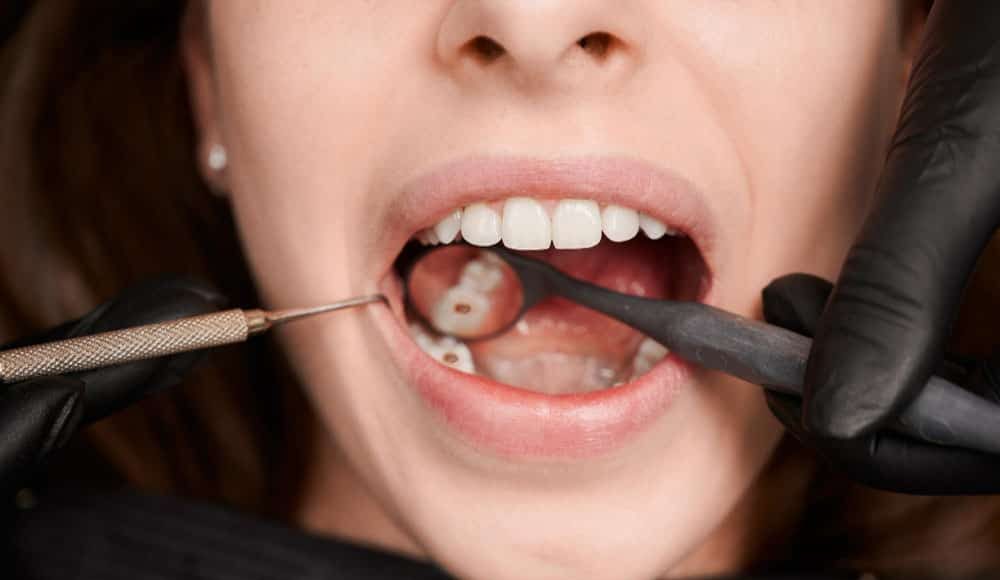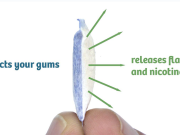Two food science lecturers at the Cardiff Metropolitan University School of Sport and Health Science, have recently made several claims on how vaping allegedly causes tooth damage. In response to these allegations, four experts in the field: Dr Richard Holliday, Professor Elaine McColl, Anthony Weke, and Zella Sayeed, published a letter in the British Dental Journal by Newcastle University, explaining why the claims are inaccurate.
“Four experts from Newcastle University’s School of Dental Sciences have done us all a favour by speaking the truth and smashing the latest lie against vaping,” said Executive Coordinator of the Coalition of Asia Pacific Tobacco Harm Reduction Advocates (CAPHRA) Nancy Loucas, in a recent release.
The four experts wrote that they ‘were disappointed to see several basic errors and misrepresentations’ and went onto correct five major errors in the ‘erosive potential of vaping’. Loucas added that given the UK’s progressive approach to vaping, it was surprising to see such innacurate claims being published.
“The United Kingdom has adopted a relatively progressive and risk-proportionate approach to vaping, with Public Health England resolute that vaping is 95% less harmful than smoking. The fact that two food science lecturers were able to get their claims published in the first place is surprising, but thankfully they’ve now been sent down the road,” said Loucas.
The experts explained that the two authors cited a WHO poster and incorrectly claimed that nicotine causes a ‘high risk of oral and whole-body health complications’. When in reality, they added, nicotine replacement therapy (NRTs) have been safely used in the form of patches and gum for over 30 years.
E-cigarettes can be part of a smoking cessation package
Moreover they added, ‘point UK dental professionals to the well-considered public health guidance which basically concludes that, for the best chances of quitting smoking, one should use support and pharmacotherapy and that e-cigarettes can be part of that package’.
CAPHRA also highlighted that an article in The Times by restorative dentistry and periodontics specialist Dr Richard Holliday emphasized that ‘smokers who are thinking about switching to an e-cigarette should bear in mind that this is a great move for their general and oral health’.
“The food science lecturers’ biggest mistake was one made by so many – that is talking up the WHO’s anti-vaping stance as the official public health position. Tellingly, all UK public bodies, including the NHS, ignore the WHO’s advice. They support vaping, knowing it does not erode teeth nor lead to gum disease.”












